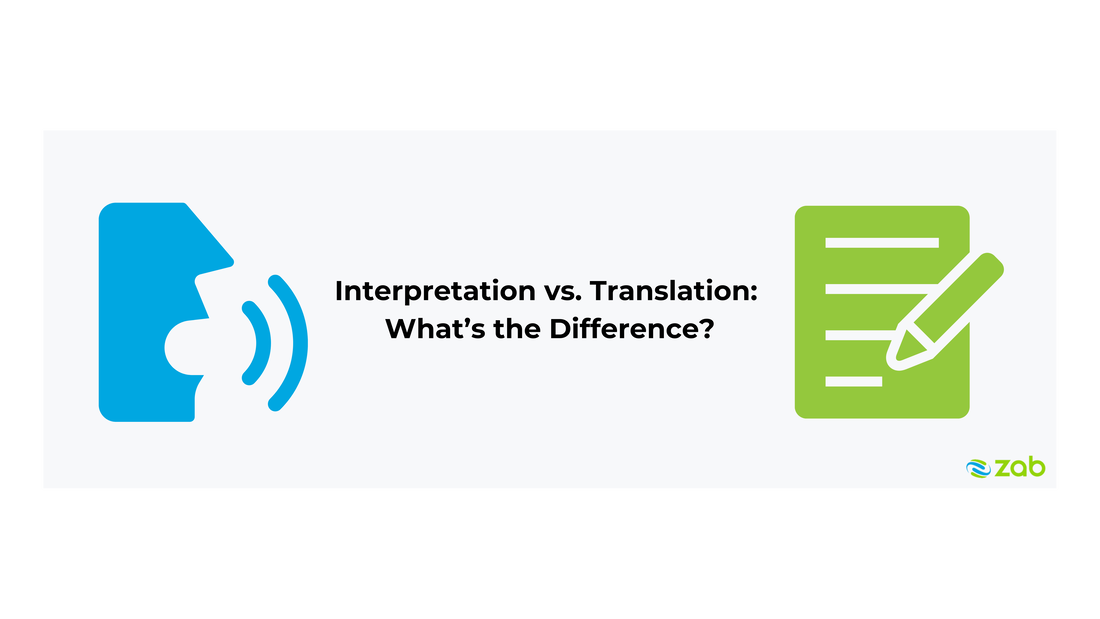The Interpreter: Imagine a crucial international negotiation. The role of an interpreter would be to provide immediate, spoken communication. An interpreter works in real-time, listening to the speaker and instantly conveying their message in the target language.
This demands for:
- • Exceptional Listening Skills
- • Quick Thinking
- • Deep Understanding of Both Languages and Cultures
Contrast this with the role of a Translator.
The Translator: In a situation where your company needs to localize a website for a global audience, this is where our expertise would come into play.
Our team of experienced linguists dives into the source material, ensuring a comprehensive understanding of terminology and context. They utilize computer-assisted translation tools to maintain consistency and leverage previous translations.
Following this, our team meticulously completes a post-edit, ensuring the final product is not only accurate but also reads naturally in the target language.
Their work involves:
- • Thorough research to capture the nuances of specialized content
- • Crafting culturally relevant translations, ensuring your message resonates with the target audience
- • Ensuring linguistic consistency across all your materials for seamless communication
Why this matters for Your Business:
Knowing the difference between translators and interpreters allows you to identify your specific communication needs. When you require accurate and efficient written translations, our tech-powered approach ensures your content is delivered with precision and confidence.
Need professional written translations leveraging the power of linguistic expertise and advanced technology? Contact us today to learn how our streamlined translation process can help you achieve your global business goals.



 RSS Feed
RSS Feed